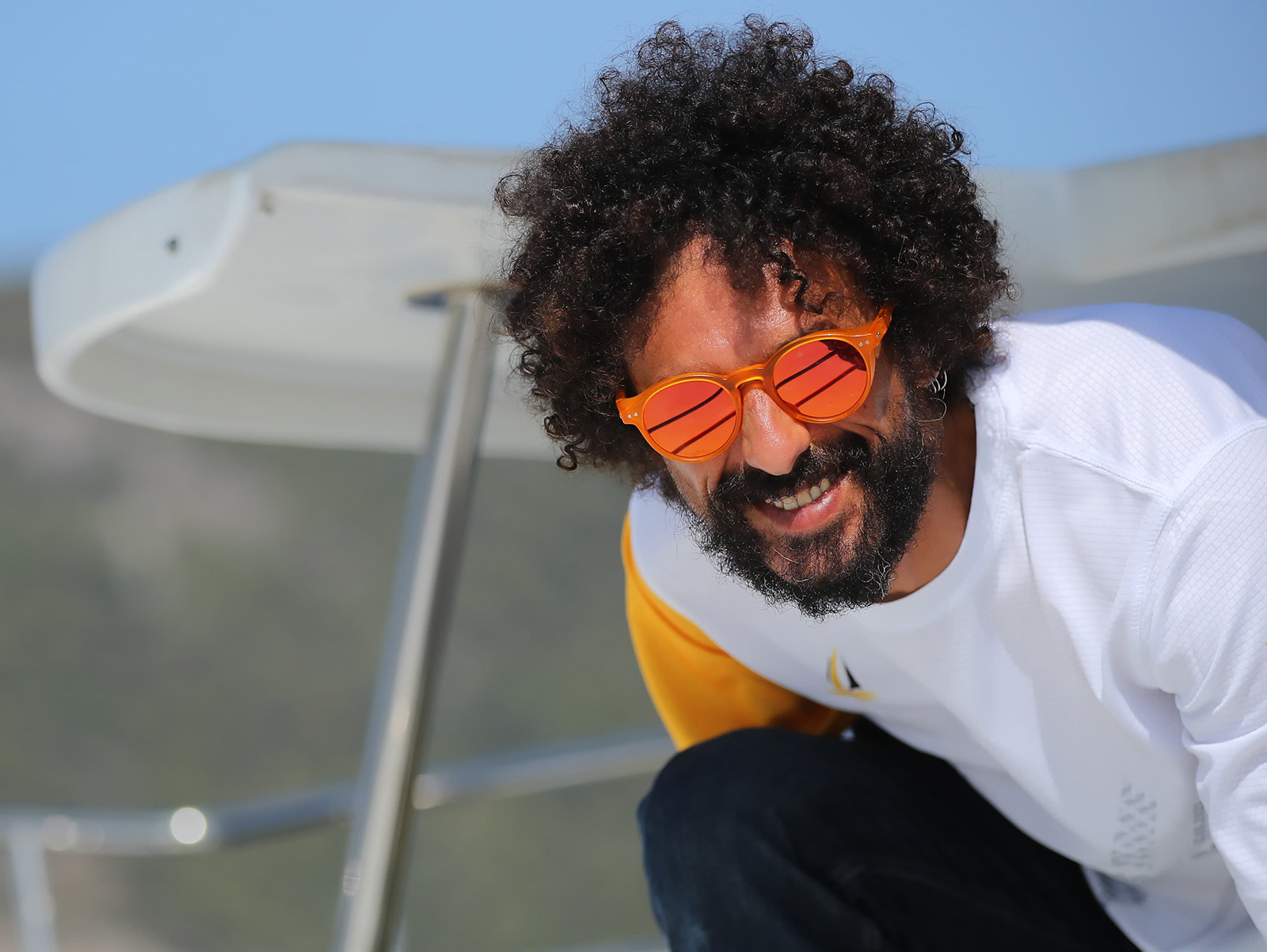Our biggest helper at Antalya Marina: Shila
You should get to know Hüseyin Akbulut. There are many reasons for this. Being the world's first disabled sailing instructor, representing our country in sailing races, teaching sailing to hundreds of disabled people are just a few of these reasons. But there are also reasons that cannot be seen at first glance, that are not mentioned in his CV:
The benevolence that overflows from his smile, the wisdom hidden in his naturalness, the humor symbolized in his curly hair and the compassion he feels for the hand he lost in an accident as a child and no longer has. It is impossible to know Akbulut and not love life. It is impossible not to love the sea, the sail, the land, the island, the rock and again, life!
While introducing disabled people to the sea and sailing, Hüseyin Akbulut also reconciles them (and their families) with their fears. Perhaps, he will also introduce you to your disabilities that you were never aware of.
Kayhan Yavuz: I'm going to say, "If you're ready, let's start," but after learning your story, I think you're ready for anything in life...
Hüseyin Akbulut: Not everything, but yes, seafaring prepares you for many things.
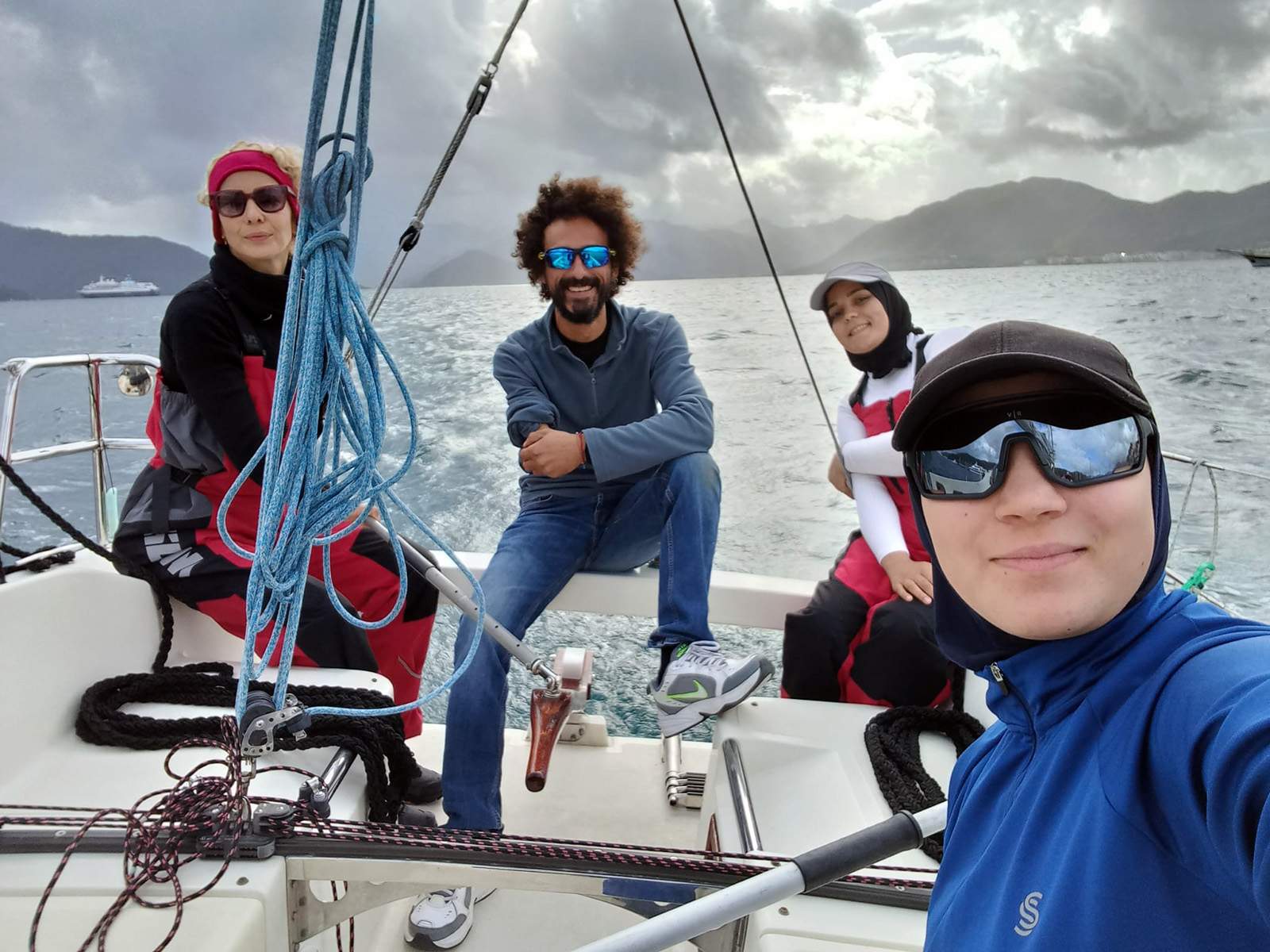
KY: Are you from Marmaris?
HA: No, I'm from Ankara. Seven generations from Ankara. When I was four years old, I moved to Marmaris with my family because of my father's job. After that, I never left.
KY: What was your father's profession?
HA: My father was in trade, he was a greengrocer.
KY: I think you first met Mr. Cumhur (Gökova) at the greengrocer's shop, didn't you? (Cumhur Gökova is a Turkish sailor and sailing instructor, known as "the teacher of teachers" in the sailing world, whom we interviewed for the 9th edition of Highlights).
HA: Yes, we first met at the greengrocer's. I was working at the greengrocer's, helping my father. Mr. Cumhur is a very good walker. He takes long walks every morning. One day he came to the greengrocer's, and when he saw me lifting and lowering huge watermelons, throwing them in the air and holding them, he took notice. Since I had an accident when I was 8 years old and lost my right arm below the elbow, Mr. Cumhur was impressed by this watermelon show. He thinks to himself "this boy is very skillful, he will be a good sailor". But he doesn't say anything to me that day, he leaves.
Years and years later, maybe another 10 years later, when we met, he said he recognized me. When I asked him, "Why didn't you come and say something back then?" he said, "It doesn't matter, look, we met when the time came."
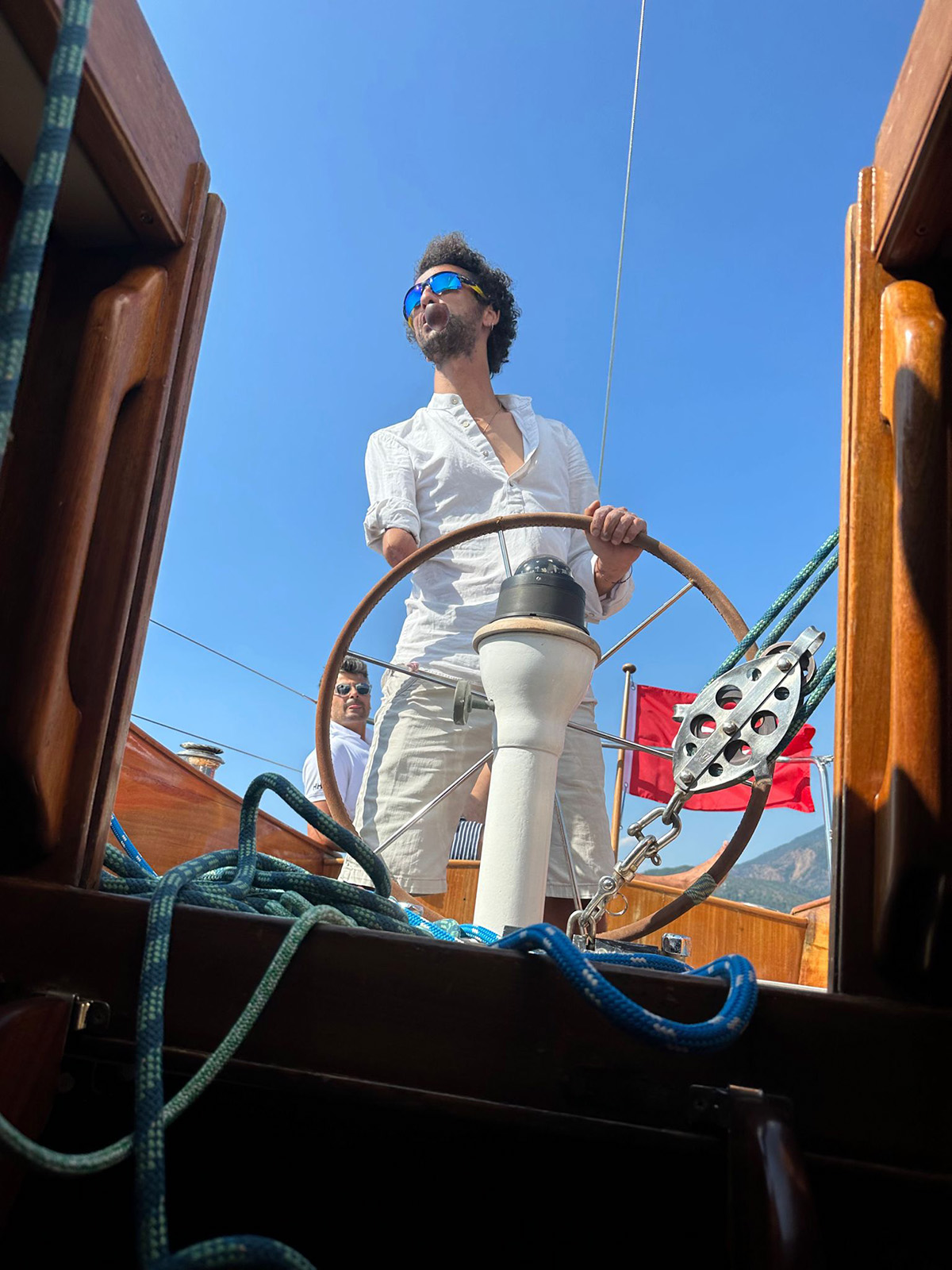
KY: In the meantime, you started sailing.
HA: Yes, I started, as an amateur. I was racing in Optimist, laser, etc. Sometimes I finished in the front, sometimes I was in the middle, but I loved racing.
KY: But your grocery store is a good place to meet sailors.
HA: Our shop was very close to the marina. That's why we used to get a lot of customers from the marina. Most of them were foreigners. Because most of those who were involved in sailing at that time were foreigners. We can even say that we learned the boating culture from them, that we continued what they left behind.
KY: And then?
After a while I started to participate in big races, races around Turkey. This time the Sailing Federation told me, "You're disabled, you can't come to our races. You go and race in the Disabled Federation."
KY: So they told you not to come!? What's the reason?
HA: When I asked why, they said the other kids were demoralized. This was said by the then president of the Sailing Federation.
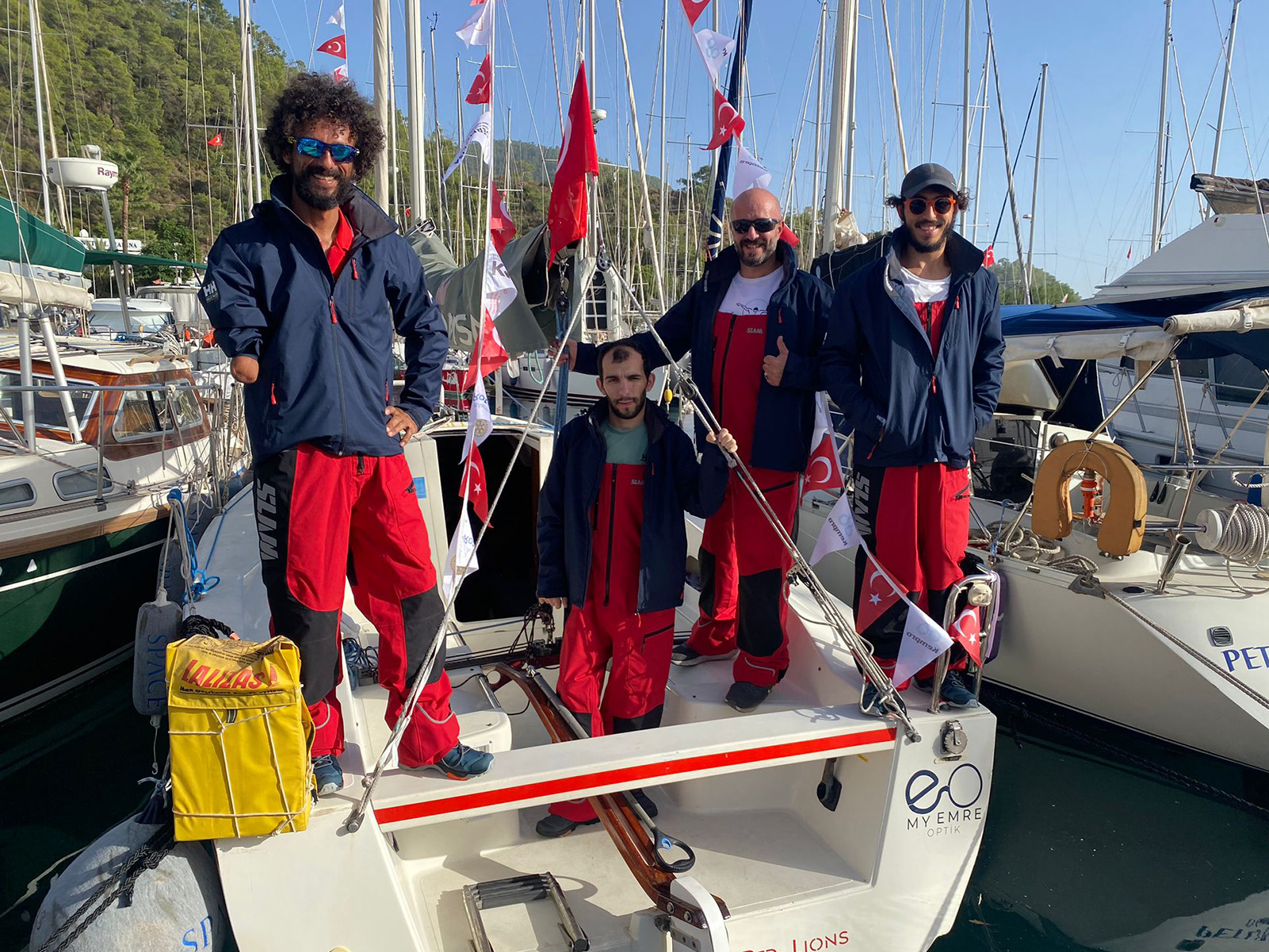
KY: I guess it's not always a good thing to "stand out"... Honestly, it's very difficult for me to understand. It doesn't demoralize me, on the contrary, it inspires me. I think you meet with Mr. Cumhur in that period...
HA: Yes, early 2011. I was 24-25 years old. He asked me if I would like to race on a yacht. It made no difference to me, I would race. But I had the license of the Physically Disabled Sports Federation. Therefore, I did not have the right to participate in the organizations of the Sailing Federation. But Mr. Cumhur said, "Come anyway," and that's how we started. I was a civil servant at the time, I was working at Marmaris Municipality. I started working for Mr. Cumhur in my free time. In return, he trained me. We were also competing, it was something outside the rules. But the managers and referees supported me by ignoring the situation a little bit.
KY: Let's clarify that part... All disabled athletes, regardless of their sport, are affiliated to the Sports Federation for the Physically Disabled. So you are a sailor but you are not affiliated to the Sailing Federation, you are a soccer player but you are not affiliated to the Football Federation. This is how the system works.
HA: Yes, but after the Paris Olympics the system will change. This year the International Olympic Committee has decided this. From now on, every athlete in Turkey will be affiliated to their own federation.
KY: It is also interesting that Mr. Cumhur trusted you. After all, this sport requires muscle strength. The boat is moving, the floor is moving, the whole rigging is moving. It is difficult for people with insufficient muscle strength to be on a boat. Why did he take this risk?
HA: That's right! Today, many sailors still hesitate to go out to sea with a disabled person. But Mr. Cumhur's approach is like this. He has an attitude that trusts people directly. We went out to sea together once, then he came to me and said, "Here, this boat is yours! You're taking it to Bodrum!" The boat was a First 41 Classic. It cost 200 thousand dollars. Imagine, I've only been on a boat with an engine with him once. I said, "I can't!" He didn't listen to me, he gave me navigation books and maps. I didn't sleep until the morning. Then I invited another friend who was less experienced than me and sailed to Bodrum. We sailed without any problems. I gave training to my friends there. On my way back, I thanked him and asked him the same question you asked. "How did you trust me?" I said. "I realized you could do it," he said. "If I hadn't shown my trust in you, you would never have succeeded," he said.
KY: Life is really interesting... On the one hand, there are those who tell you to leave, who tell you not to come, who put stones in your feet, and on the other hand, there are those who trust you implicitly. I think this is a little bit about your personality.
HA: It is possible. I've never looked for excuses. I've been a professional mountaineer for years. I've been an instructor in AKUT, UMKE, AFAD. I've encountered many situations and people. People may not believe in you, they may look at your disability and not trust you. If you take into account people who tell you or make you feel that you cannot do something, you will not achieve anything. It's not about physical ability either. If you can concentrate on what you need to do, you can do it. So when you want to do something in life, you do it. In the end, those who opposed you at the beginning will be among those who applaud you.
KY: At the end of it all, you became the world's first disabled sailing instructor, right?
HA: Yes, as far as I know, I'm the first person in the world.
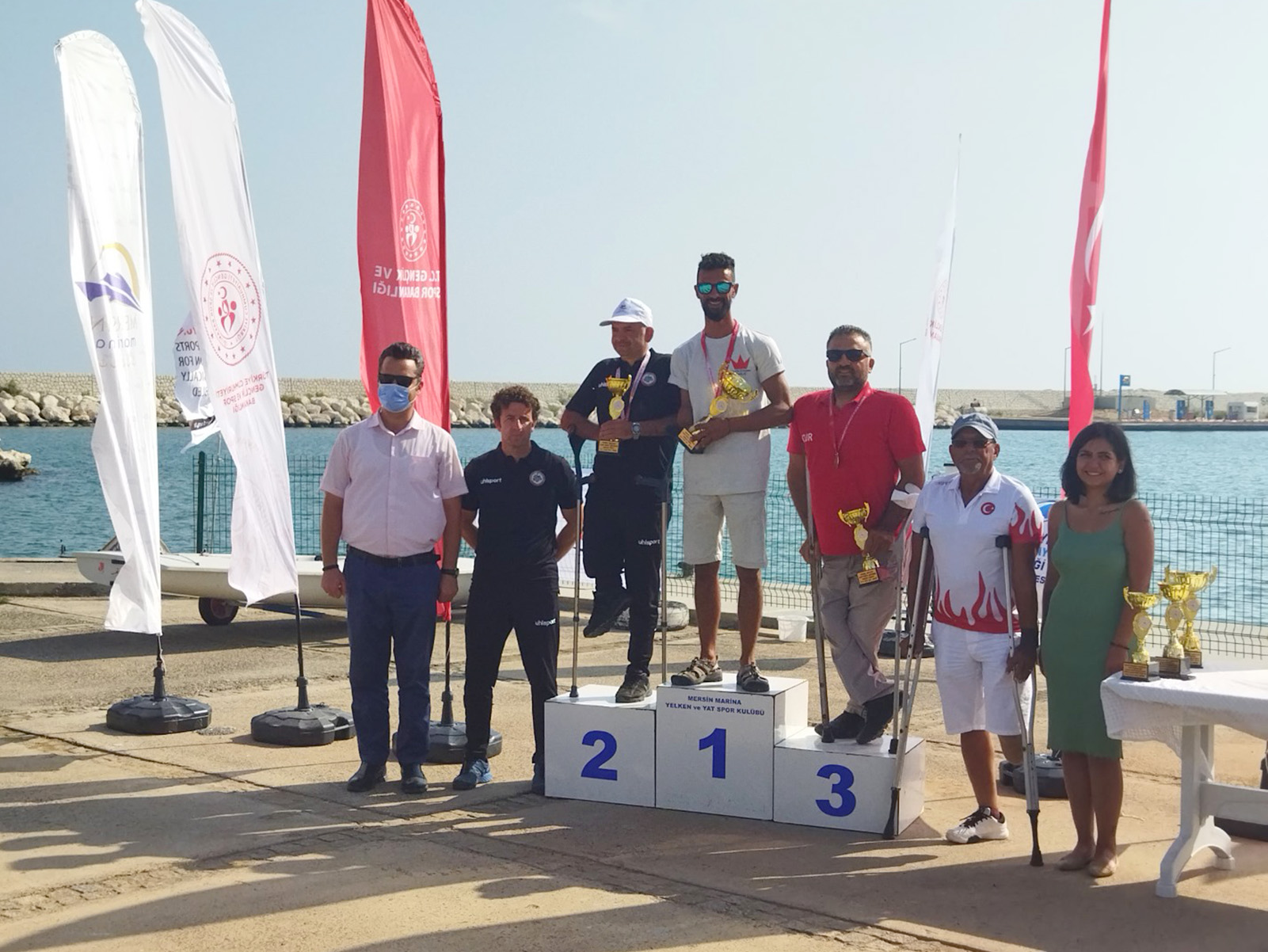
KY: And what kind of training did you go through for this?
HA: Of course, this is a long process. You go through a lot of theoretical and practical training. Sailing training within the crew, training within the fleet, storm training, etc. When you complete these, you become an assistant. There are other things you have to do at this level. There is a certain amount of night sailing, you have to reach a certain mileage. For example, you have to have seen a certain number of storms. How is it normally? "Uh... There's a storm, don't leave the marina." In our case, it was the opposite. "Uh... Storm! Let's go to training!" So I went through all these processes to get my instructor diploma. In 2012, I received the ISS instructor certificate, which is valid all over the world.
KY: Then you started working on your own.
HA: At some point I wanted to make my own path. When I retired four or five years ago, I bought a small boat with my retirement bonus. I gathered my disabled friends around me who wanted to sail and formed a team. Three people in the first team had no hands and three people had no legs.
KY: Well, I have two arms and two legs, I had basic sailing training, but I had a hard time. How do you do it? Do you sharpen other skills or do you use modified boats?
HA: The boats we use are no different from others. But some of our friends may lack muscle strength. From time to time, I can make some changes in the boat for them. For example, they may need extra apparatus to lean their legs on when the boat tilts. But the real answer to your question is this: When a person progresses in a job for a certain period of time, he becomes able to adapt himself to every situation. For example, it only takes a few seconds for me to tie a bowline hitch. Yes, it requires a little more effort than a person without disabilities, but after a certain level, there is no difference.
KY: I guess one can't gain anything without losing something. Maybe losses make us stronger...
HA: I agree with you. They always say to me: "Thank God you only have one hand! What would we do with you if you had two hands!" And I say, if I had two hands, I wouldn't be such a fighter, I would be an ordinary person. When you look at it like this, the disability doesn't matter because it stops being a deficiency.
KY: What is the key to working with disabled athletes?
HA: I generally prefer to work with individuals who were either congenitally disabled or became disabled as a child, because the later the disability appears, the more difficult it is for the person to face and accept it. They are constantly told that they cannot do it. There is a feeling that everything is over. You observe a state of accepted helplessness. Then it becomes difficult to work together. The biggest challenge is to break this. After that, everything gets better.
For example, last year I worked with disabled friends from the earthquake zone. One of our friends would say, "I can't do it," no matter what I said at the beginning. When he was leaving, he was able to get on the boat by himself, start the engine, throw the tonnage, let go of the downwind rope, leave the marina, collect the rope, and exit the marina safely. Finally, he unfurled the sail and prepared sail. All this happened in just one week.
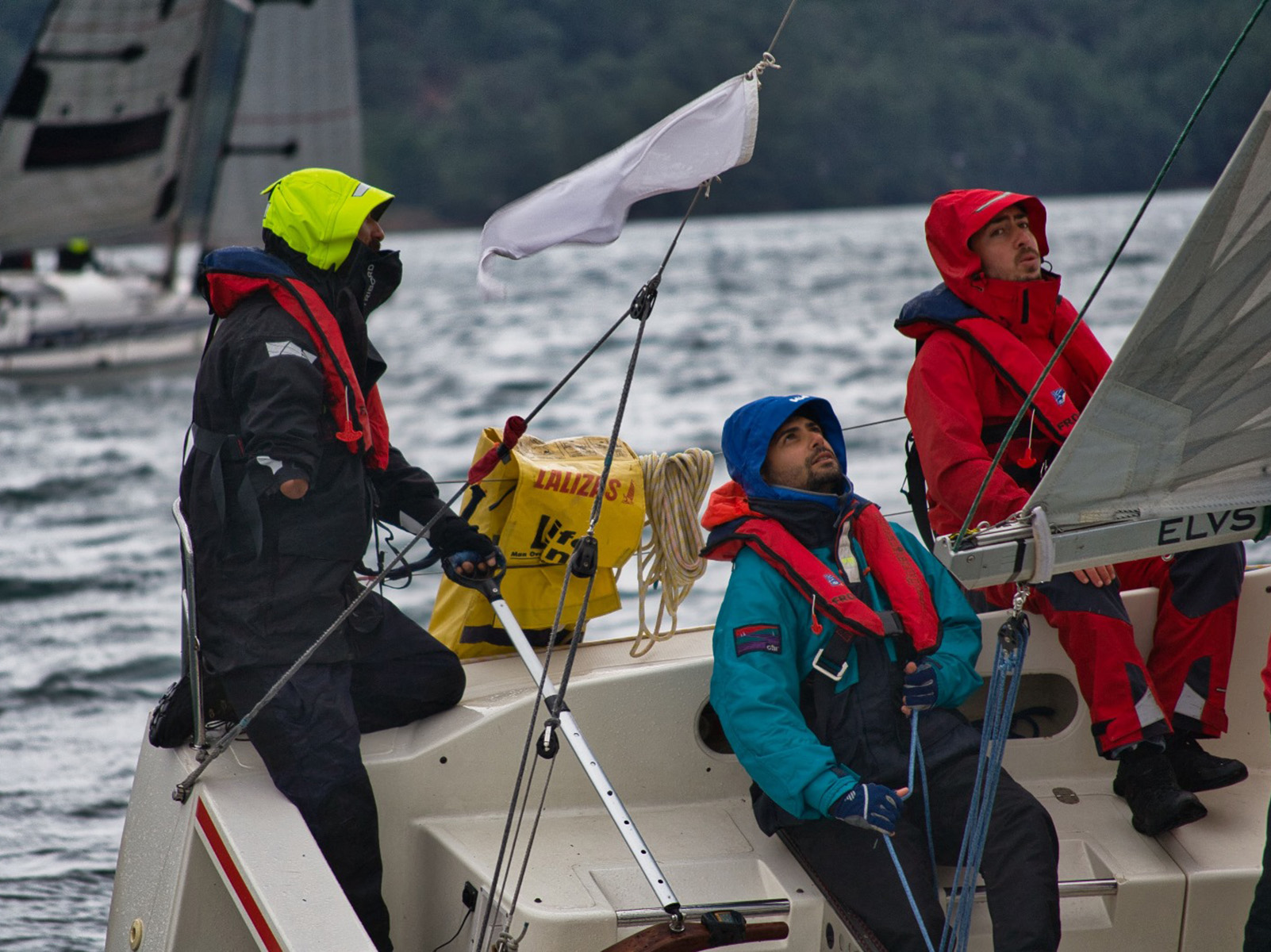
KY: In a week!?
HA: Yeah, a week. I didn't teach him to sail, I taught him he could do something.
KY: As if the real obstacle is others.
HA: That's very true. Success comes if people support you and don't hinder you. Therefore, the most important factor is families. If families become aware and support their children, disability is not a problem, it is just a condition.
KY: There is actually a dilemma here. The widespread perception of disability is a phenomenon produced by people without disabilities. In other words, as a person with a disability, you know that there is actually no such situation as you think. But those who produce this perception do not know. But don't you prove this to them in a sense by attempting such difficult tasks? In other words, don't you break a myth?
HA: For myself, I am a person who is very comfortable with my disability. Otherwise, I might have thought about getting a prosthesis, but I don't want to do that. I love my disability. I love my hand that I don't have. If I try to get a prosthesis, I will have to learn everything all over again. I would have to relearn how to put on a T-shirt. I don't have that kind of time. What's the point? I'm happy like this. I'm happy with the way I look. I don't have such an issue.
KY: And what is your real issue?
HA: My main issue is not dealing with my disability, but being satisfied. Just like anybody gets satisfaction when they do something difficult, I get satisfaction in the same way. I don't want to deprive myself of this kind of satisfaction, this opportunity for self-realization, just because I don't have a hand. What satisfies me is not being a scientist, but for example, being able to climb a high rock. Or getting out of a very strong storm without damaging the boat. That's my fulfillment!
KY: And what does the sea mean to you?
HA: For me the sea means peace.
KY: In spite of all the storms?
HA: A storm is good, it's more fun. The sea has rules. If you know those rules and follow them, the sea will never harm you.
KY: Then let me ask you what scares you the most at sea.
HA: What scares me at sea is the lack of wind. Especially if I am passing through a strait, if I am in one of the canals and certain headlands, if the wind drops in such places, you can sail with the engine. But what if the engine dies... Then I might get scared. But I still think there is always a way out.
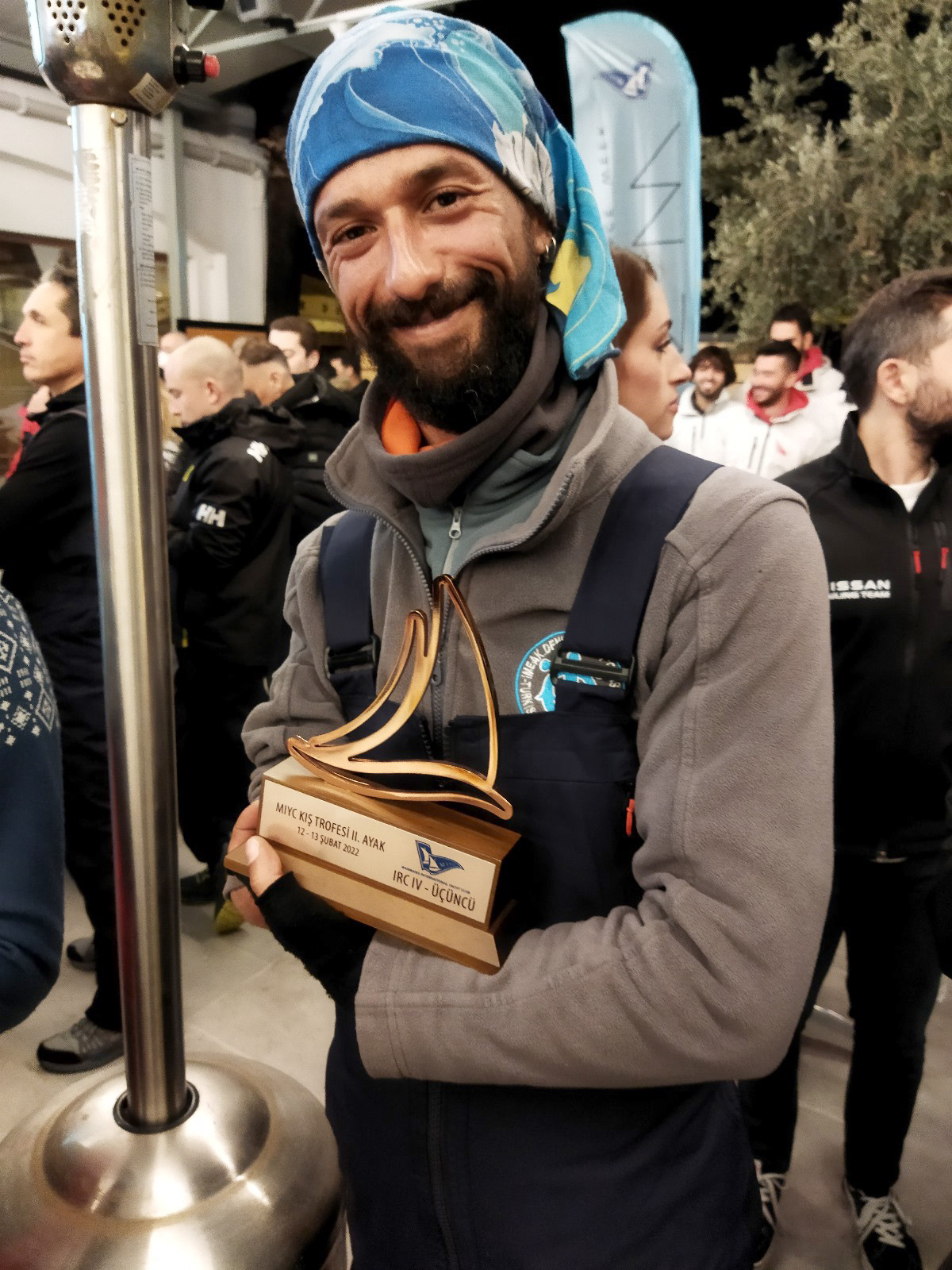
KY: You are also a national athlete. I think you also have a degree in the U.S. Can you tell us about that?
HA: In 2017, Paralympic sailing was established in Turkey and Turkish championships were held. I participated in these championships and was selected for the national team. I competed in the national team for the next four to five years. We did well in many international competitions. Then there were group races in the USA. There we raced with the Hansa 303, boats designed for the disabled, a slightly bigger boat than the Optimist, with double sails. I came first in the Silver Group there. But for the last two years, I have focused entirely on coaching. Now we sail together in Marmaris with friends who used to be my rivals in the national team.
KY: You have trained more than 50 disabled sailors so far. How do you finance these trainings and who supports you?
HA: Friends and family around here help a lot. We ask a hotel, they host the students. We ask a restaurant, they provide the food, for example. When we need equipment, we collect it from friends. In the end, I don't ask for money from anyone, and they willingly help us. There is the Rotary Club of Marmaris. We get support from them. For example, Setur Marinas also supports me. One day I contacted the General Manager Mr. Emre (Doruk) on social media. I didn't know him at all. He immediately got back to me and directed me to Erkan Özatağ, General Manager of Marmaris Netsel. He was also very helpful. For example, my own boat is at Marmaris Netsel Marina. It is already a completely disabled-friendly marina. In this way, whenever I need something, they support me. And the whole staff. Especially during the weeks when I work with disabled people, they personally come and ask if we need anything.
KY: How do you see the state of affairs in environmental issues?
HA: For one thing, when I was a child, when we went to the seaside, there were hundreds of shells. Now we find plastic bottle caps instead. It is the same with fish. We used to fish with hooks without bait. Now we can't even see fish while swimming. Storm dates have shifted, for example. Winds have changed, currents have changed. We can see these with the naked eye. There is no doubt that there is an obvious deterioration. Yes, boats are more conscious recently, but this is a very small segment. I don't see a widespread environmental awareness across the country yet. Moreover, this issue should be addressed on a universal scale, not on a national basis. After all, this is an issue that concerns not only us but hundreds of generations after us. There is only one sea, only one world.
KY: I also wanted to ask you this: What advice would you give to those who want to start sailing?
HA: People try to make time for themselves to start sailing, but they wait too long. So after a certain age, usually after retirement, they become interested in sailing. My first advice is to start without waiting. It is not necessary to go to a course for this. In fact, the best thing is to start with books, to start by reading. For example, it's best to start by hanging out with sailors, talking to captains. When you are sure that you want to use it, then of course you should receive training. But you shouldn't overestimate it to start. The sea is a pleasure, the sea can be loved and learned even without opportunities, money, etc. What the sea teaches you never ends. So I would say start early, wherever you can.
KY: So what is your next dream?
HA: My next dream is to go on a world tour in the next three to four years. Apart from that, I would like to take a few disabled friends with me and do the Tour of Turkey. Of course, I want to continue my sailing training and train more disabled sailors.
KY: Then my last question: What would you ask if you were in my place?
HA: I told you everything.
KY: Thank you so much.
HA: Thank you!
Interview: Kayhan Yavuz, Setur Marinas Highlights Editor

